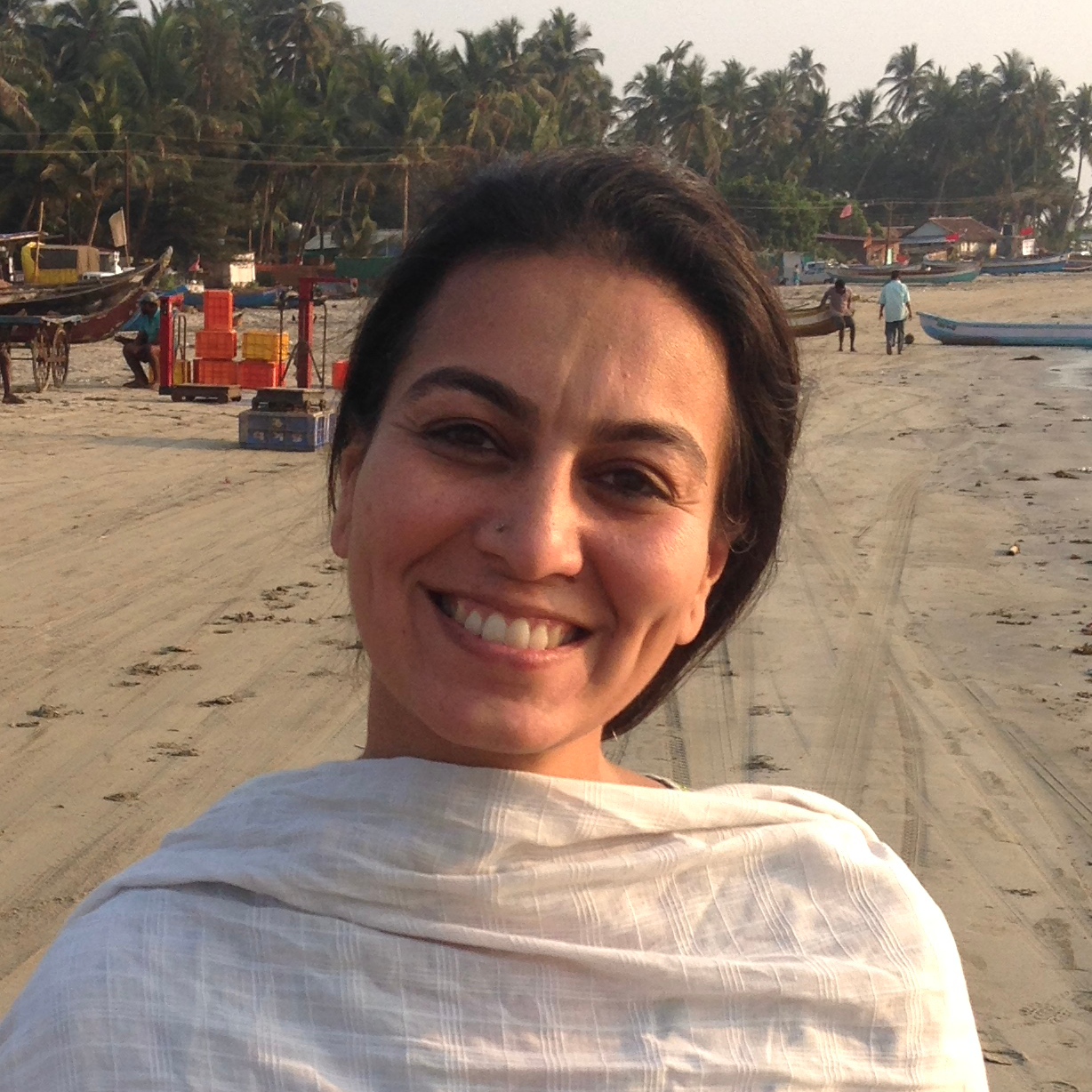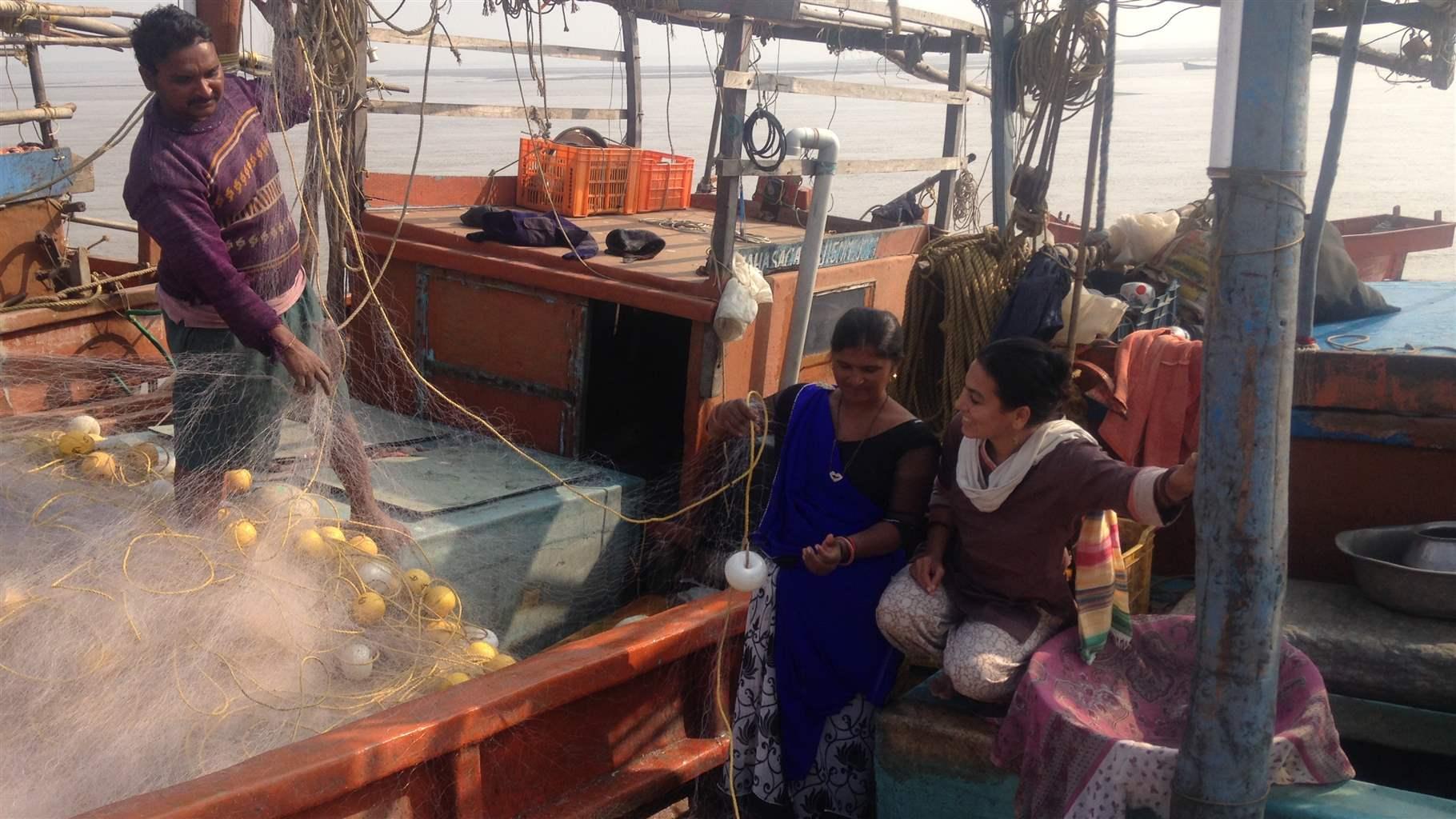Dipani Sutaria, Ph.D.

- Institution
- James Cook University
- Country
- India
- [email protected]
- Website
- https://saveourseas.com/project-leader/dipani-sutaria/

- Award year
- 2022
Research
Engaging fishing communities to mitigate cetacean bycatch in southern India
The southeastern Arabian Sea is home to one of India’s most productive marine ecosystems, with a complex underwater structure and strong upwellings that support large and diverse fish populations. The area attracts both the country’s largest fishing fleet and a diverse array of cetaceans and other megafauna. Fishers in the area use a combination of gear types to increase yield, but these also result in a high rate of accidental catch, or bycatch, of cetaceans and other nontarget species. Despite these impacts, few studies have been conducted to understand cetacean demographics and habitat use in the region.
Dipani Sutaria will combine ecological surveys and community engagement, including interviews with fishers and acoustic monitoring, to assess the diversity and distribution of cetaceans in the southeastern Arabian Sea. Along with her local research partners, she will quantify and map whale and dolphin bycatch to identify the gear types and target fish species that lead to the greatest number of harmful interactions, as well as those that are safer for marine mammals. Working in conjunction with fishing communities, Sutaria will host knowledge-sharing sessions, form marine mammal stranding response units, and engage the public to develop bottom-up strategies to strengthen whale and dolphin conservation.
To learn more about Dipani, read her bio.
